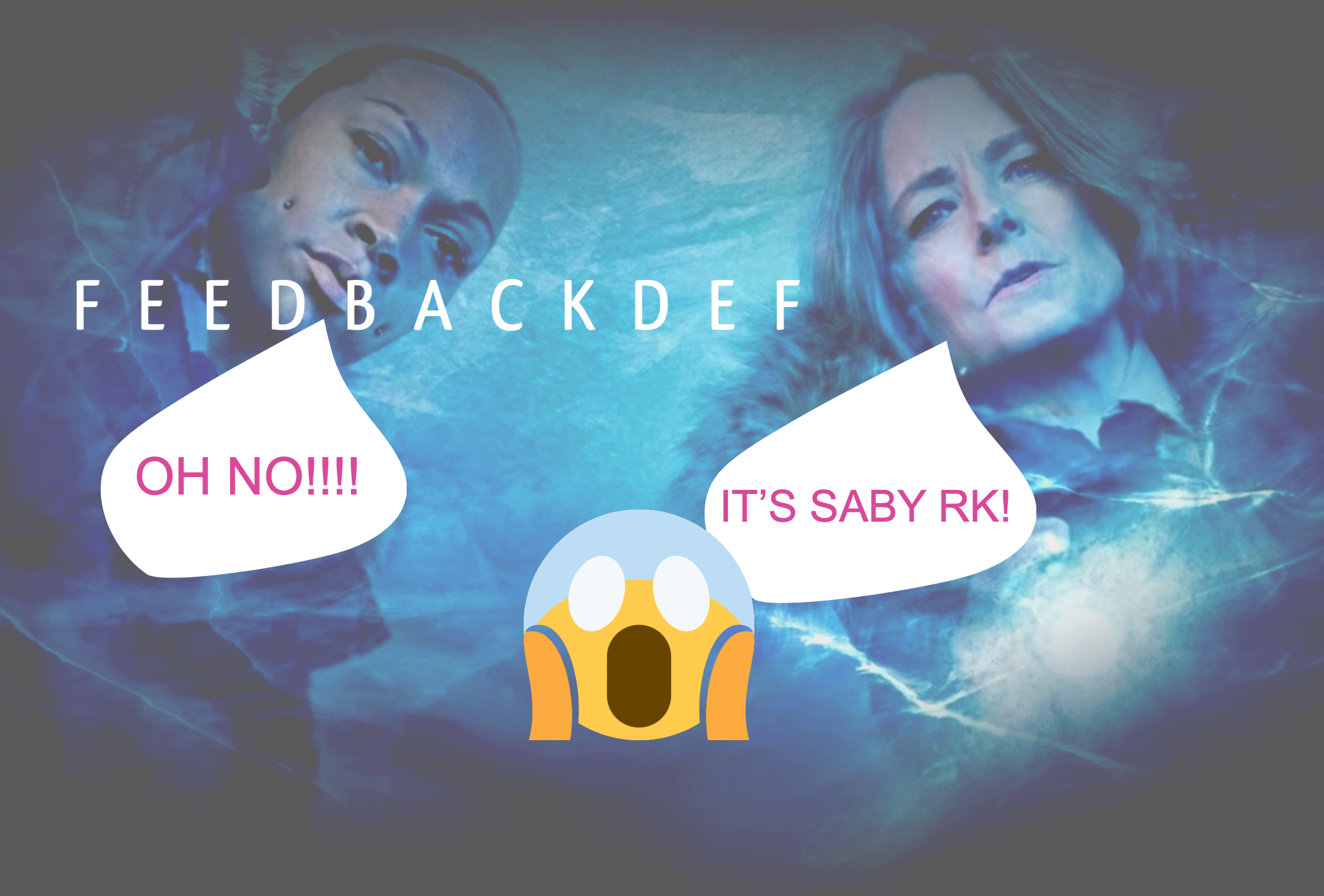
Longtime music journalist Saby Reyes-Kulkarni riffs on music / culture / sports and talks to a bunch of people.
I’ve just posted a video about my first impressions of the new season of True Detective. In my view, the show’s premise couldn’t be more rife with potential: a suspense thriller set in a region in Northern Alaska that plunges into darkness for two months straight every year. Two episodes into its rollout, True Detective: Night Country flirts with horror, but as of yet it remains unclear how far into the “supernatural” the story has yet to go.
Writer-director Issa López, a one-time archaeologist from Mexico City, gears the show around the often uneasy collision of cultures that defines life in that part of Alaska, where Inuit natives live at the furthest fringes of a society that barely recognizes—much less understands or values—them. Rather than focus strictly on socio-political dimensions, however, López presents this culture clash as a conflict between two radically opposing views on the nature of reality itself.
As I explain in the video, it is in this regard that I find the show most fertile with promise—in spite of what I found to be awkwardly preachy dialogue and a ham-fisted approach to race and male-female relations. I remain cautiously hopeful…
Does the prevailing mindset on race hamstring storytellers—ironically enough—from being able to illuminate racial dynamics more vividly? I’d love to know what you think!
Follow me on Substack: https://feedbackdef.substack.com
and YouTube: FeedbackDef – YouTube











